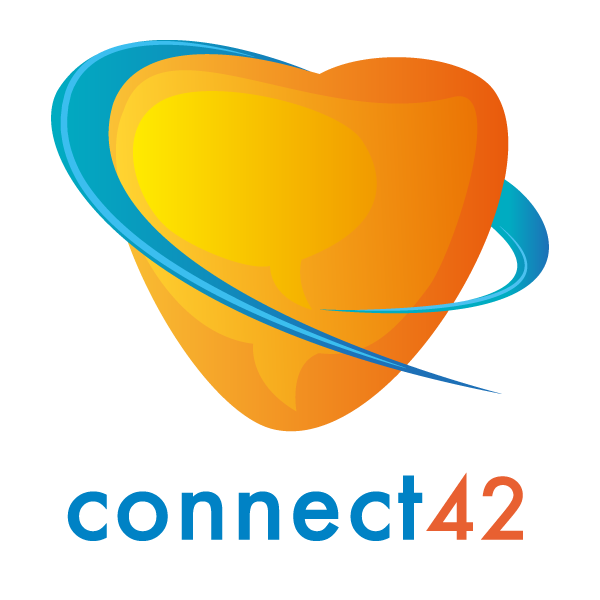It’s time to really collaborate
Learning to read and write can be difficult for some children. If you were one of the lucky ones that found understanding the English language easy, you may find it hard to comprehend the challenges and associated feelings of those that find it difficult. For some, the anxiety of picking up a book and attempting to read it can be debilitating. As children move from the early years to middle and upper primary, we very quickly see the gap in literacy attainment grow if children continue to have difficulties. One of the heartbreaking realities of this is that many children feel shame when it comes to these challenges with their learning and very quickly they develop expert acting or avoidance skills to try and hide their shame and lack of understanding.
We have always known there is a strong connection between oral language and learning to read and write; but it was not until recently I understood why. As an educator of children for many years, I have witnessed numerous students who have found basic literacy demands incredibly challenging. Often this is coupled with a lack of accurate or expansive vocabulary and the ability to share and articulate their ideas and wonderings. This not only has implications for the child’s literacy success at school, but also impacts their social and emotional wellbeing as they find it difficult to engage and comprehend the conversations being had between peers. We have often thought that in some situations this could be due to lack of exposure and experience of new vocabulary but increasingly we are seeing children struggling with the mechanics of language itself.
Developmental Language Disorder (DLD) could be one of the reasons we see so many children finding language acquisition so very challenging. Recent research has shown that on average, 2 children in every class of 30 will experience DLD severe enough to hinder academic progress*. One of the challenges with DLD is the lack of awareness and access to Speech and Language experts to diagnose and offer practical support to educators. Schools and educators would like to grow their understanding and knowledge in the areas that experts such as Speech and Language Pathologists and Psychologists can offer to increase our capacity to support students. As an educator, but even more so, as just simply a Tasmanian, I am concerned with the number of young people across our state that are becoming adults that have low levels of literacy and therefore compromised opportunities in life because of this.
In a text called The Power of Grammar we are sadly reminded that “without this kind of access [to language], these students endure closed doors and are denied opportunities, including the opportunity to alter the status quo” (Ehrenworth and Vinton, 2005). The authors go on to tell us that we live in a culture where correct word choice, grammar and writing skills are valued attributes within society and yet, language is one of the major gatekeepers.
As educators, we use a myriad of approaches to support children to achieve their personal literacy goals. What is becoming more and more apparent is the extra information we could have access to from experts that would add to our interventions and a learner-centred team approach. Historically there has been ongoing arguments by literacy experts as to the right way to teach a child so that they will learn how to read, write and spell. I believe that the problem begins when we assume there is only one way to teach the highly complex intricacies of learning language and the many facets of literacy that are interwoven with it.
I believe it starts by first considering the needs of the child. Everyone is different. Everyone learns differently. The idea that one way will work for everyone has been disproven time and time again. Working in isolation will not achieve the goals of supporting children to make progress and achieve their full potential. It is when we collaborate with parents, teachers and literacy experts that we will have the best chance of developing the skills each individual needs to be successful. It’s time to collaborate. It’s time to really collaborate and understand both the information being shared and the contexts in which we hope this knowledge can be enacted. It’s time to work together and place the learner at the centre and listen to each other as we find a way to collectively improve the literacy outcomes for our most vulnerable learners.
I believe that 100% Literacy is possible for all Tasmanians.
Ashley McPherson is a primary school Principal. Here he writes for the Colleagues @ The Heart of Literacy initiative which this year is focusing on DLD. Find out more at connect42.org.
* https://salda.org.au/developmental-language-disorder-dld/
Ehrenworth, M., & Vinton, V. (2005). The Power of Grammar: Unconventional Approaches to the Conventions of Language. Heineman, Portsmouth, NH.

